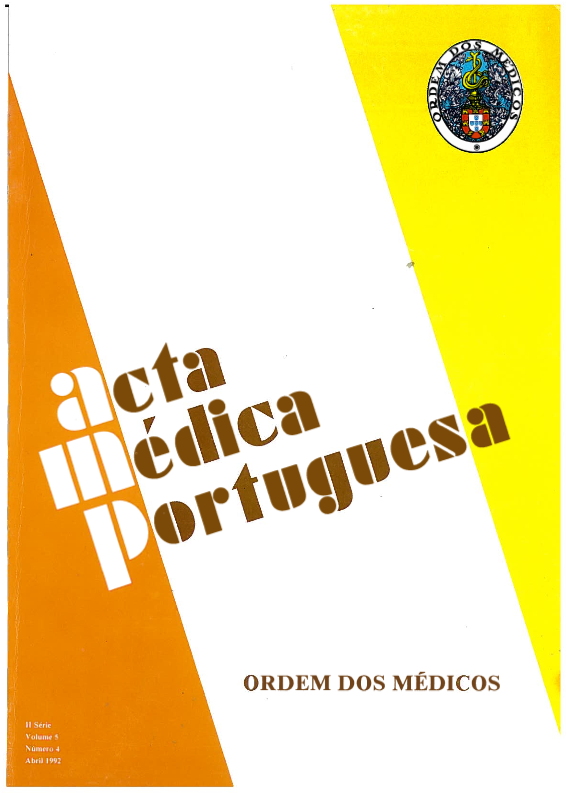Considerações sobre a ética nas relações investigador/promotor de investigação.
DOI:
https://doi.org/10.20344/amp.3220Resumo
The performance of Clinical Trials can give rise to ethical problems especially between the researchers and the promotors but sometimes also with those who are in charge of the publication of results. Medicine and the Pharmaceutical Industry must face up to the need to try and save a marriage that is not only one of convenience but most of all lifesaving. The Industry supports the major slice of Postgraduate and Continuous Medical Education with its main goal being the promotion of its products. The Educational component we doctors are interested in is usually secondary for the Industry. A Clinical Trial comprises several steps beginning with the design of its protocol, its discussion by promotors and scientists and its performance where researchers, monitors, and official auditors have the main role. The analysis of the results should be handled by official boards unrelated to either promotors or researchers and their publication should be undertaken by a reliable Medical Journal whose editorial board would authenticate the accomplished scientific work. Ethical Commissions, both national and institutional, have a unique role in the analysis and authorization of Clinical Trials. Before any drug is put onto the pharmaceutical market, it is obligatory that the four successive phases of Clinical Pharmacological Studies be accomplished. A common problem we usually face is to differentiate a Phase IV from just a Promotional Trial. When a Promotional Trial is done, all the clinical goals of investigation have already been reached. The objectives of Promotional Trials are merely related to the Marketing Department and disregard any scientific purposes. Promotional Trials should not involve Universities, Hospitals and other official Institutions.(ABSTRACT TRUNCATED AT 250 WORDS)Downloads
Downloads
Como Citar
Edição
Secção
Licença
Todos os artigos publicados na AMP são de acesso aberto e cumprem os requisitos das agências de financiamento ou instituições académicas. Relativamente à utilização por terceiros a AMP rege-se pelos termos da licença Creative Commons ‘Atribuição – Uso Não-Comercial – (CC-BY-NC)’.
É da responsabilidade do autor obter permissão para reproduzir figuras, tabelas, etc., de outras publicações. Após a aceitação de um artigo, os autores serão convidados a preencher uma “Declaração de Responsabilidade Autoral e Partilha de Direitos de Autor “(http://www.actamedicaportuguesa.com/info/AMP-NormasPublicacao.pdf) e a “Declaração de Potenciais Conflitos de Interesse” (http://www.icmje.org/conflicts-of-interest) do ICMJE. Será enviado um e-mail ao autor correspondente, confirmando a receção do manuscrito.
Após a publicação, os autores ficam autorizados a disponibilizar os seus artigos em repositórios das suas instituições de origem, desde que mencionem sempre onde foram publicados e de acordo com a licença Creative Commons









